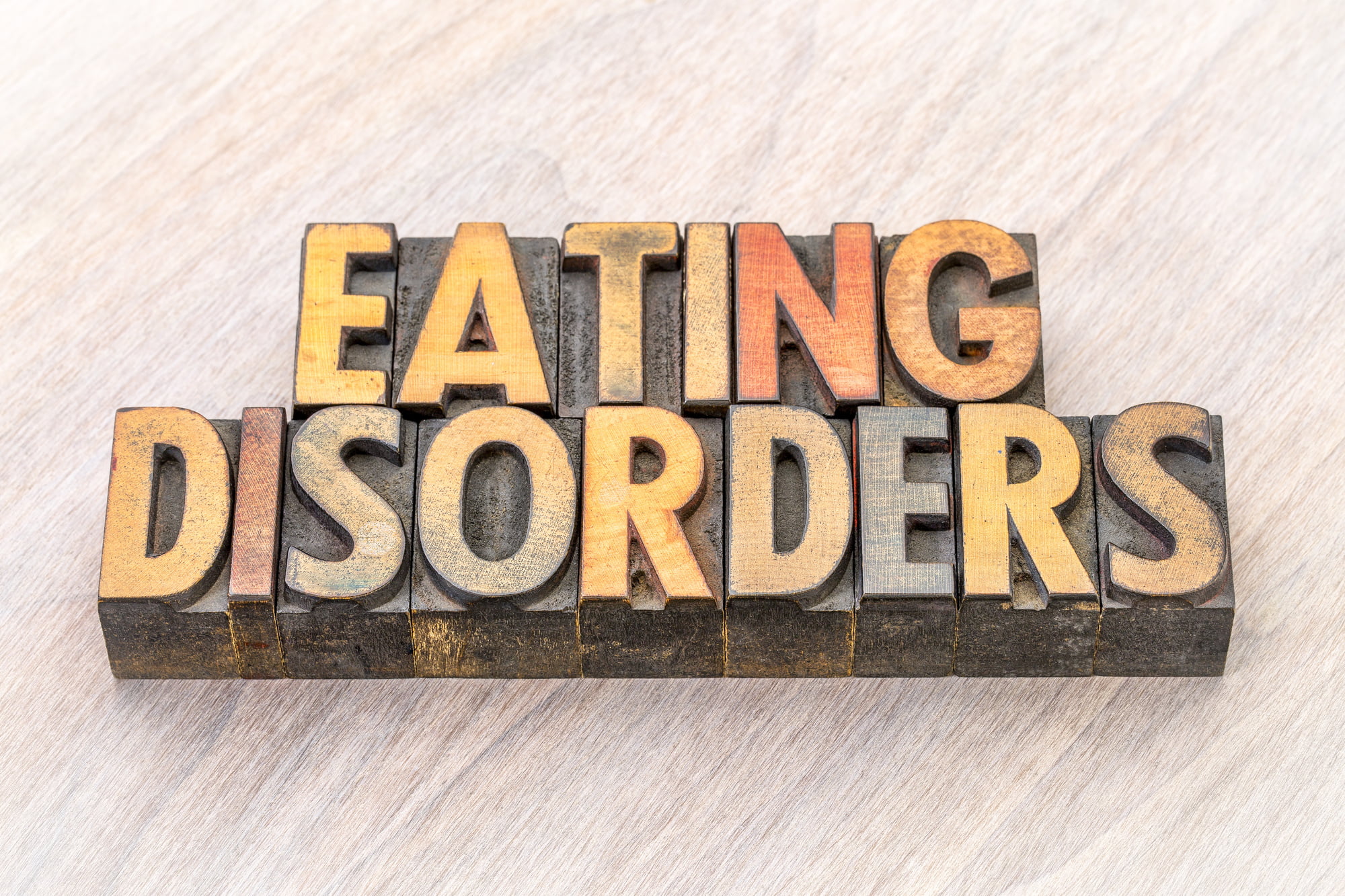Did you know that about 3% of adults experience binge eating disorder in their lifetime?
If you are one of these people, you might find that you eat large amounts of food in short periods, even when you’re not hungry. Besides the physical side effects, you may also experience psychological, social, and occupational consequences.
Fortunately, there are ways you can treat binge eating disorder (BED), especially when you know what you’re doing. Keep reading this article to learn some binge eating disorder treatments.
1. Understand the Underlying Causes
Successful treatment of BED requires an understanding of the underlying causes that lead to the disorder. It is important to identify the triggers for a binge and to address any emotions that may be driving the behavior.
It is also important to address any underlying medical conditions that may be influencing the disorder. It is imperative to take the time to learn about the unique aspects of BED and to develop an individualized treatment plan. With the right strategies, treatment can be successful and improve their overall well-being.
2. Identify Cognitive and Behavioral Interventions
Cognitive interventions focus on changing the thought processes that lead to overeating. This can be done through cognitive restructuring and self-monitoring. This can also involve challenging negative thoughts or beliefs about food.
Behavioral interventions are focused on changing eating behavior and lifestyle habits. These interventions can include nutrition and meal planning. It also includes physical activity and making a plan for reframing situations that may lead to overeating.
3. Seek Professional Help
Seeking professional help is key to successfully treating binge eating disorder. A qualified healthcare professional can provide individualized treatment plans. This can include behavior modification, cognitive restructuring, and other therapeutic techniques.
Medications may also be beneficial to treat the underlying contributing factors that have caused the binge eating pattern. It is important to seek the support of a professional who has expertise in the treatment of this disorder.
To help you find one, check out avalonhills.org. They can provide the resources to help you manage your symptoms for lasting success.
4. Develop Healthy Eating Habits
Developing healthy eating habits is an important factor in the treatment of binge eating disorders. Start by tracking your eating habits at each meal and snack.
Write down all foods that you are consuming and note cravings or urges to eat. This helps to make you more aware of your eating patterns.
It also is beneficial to plan meals ahead of time, which helps to prevent impulsive eating. These practices can be helpful to develop healthy eating habits.
5. Utilize Technology
Technology can be a powerful tool to help binge eaters manage and reduce the disorder. Online resources such as websites and communities devoted to BED help sufferers discover support systems. They can also provide coping strategies for dealing with the disorder.
Smartphone applications offer real-time tracking and monitoring of eating episodes. Technology is a valuable addition to the treatment of BED. It can be used to help individuals maximize their chances of successful recovery.
Effective Binge Eating Disorder Treatment
Given the risks associated with binge eating, successful binge eating disorder treatment is essential. Medication, therapy, and other medical approaches, there are many strategies that can be useful.
Incorporating healthy lifestyle changes and self-care into one’s routine can be beneficial in managing BED. Seek help now to discover the right care option for you and start on the road to recovery.
Did you enjoy this article? Check out our most popular posts to continue reading!









